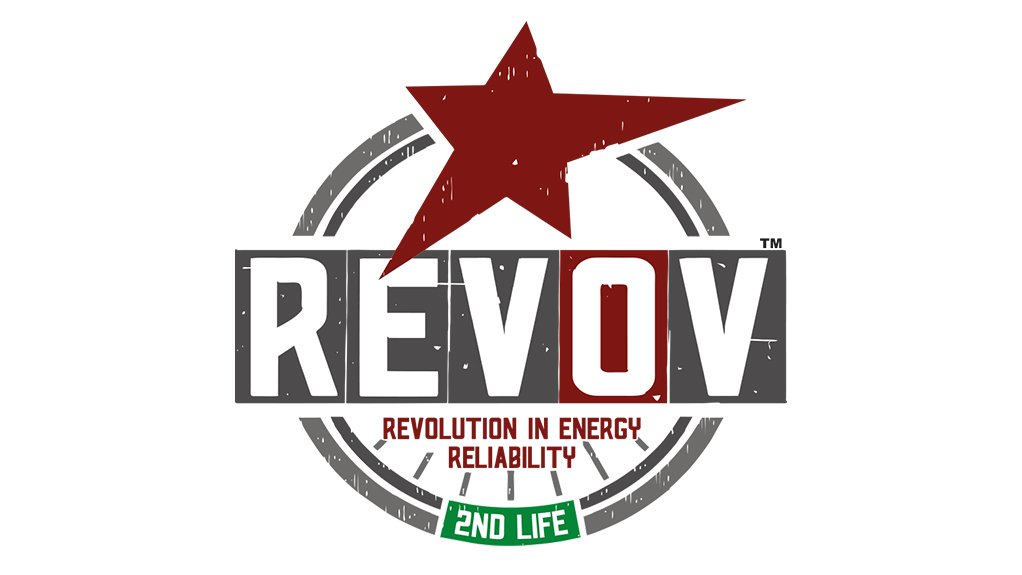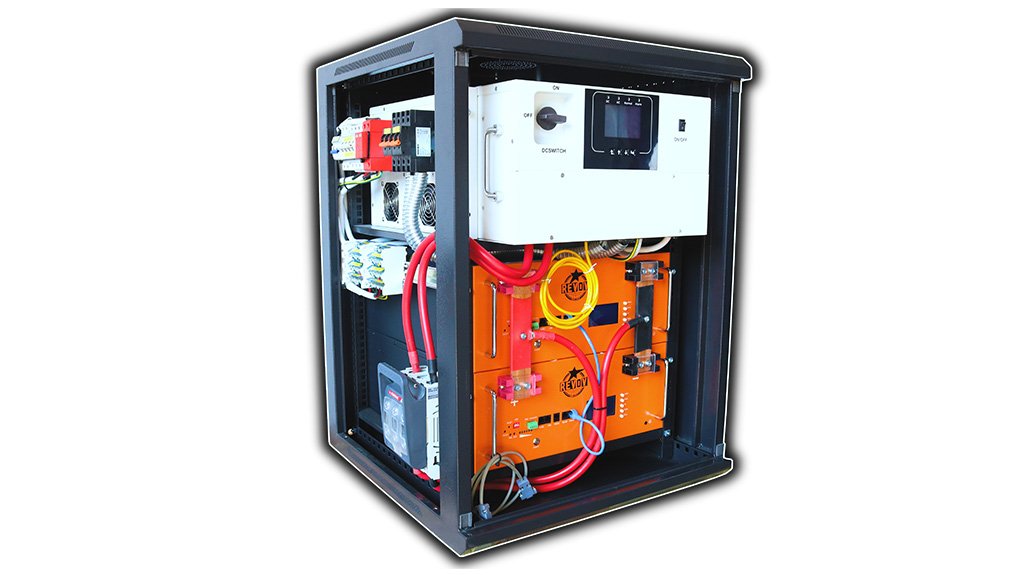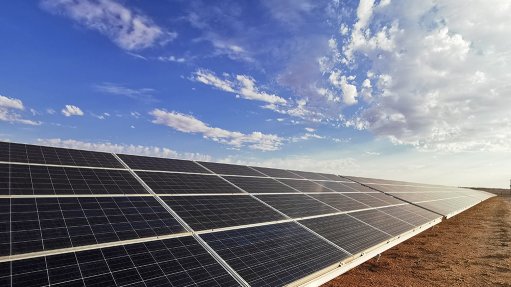Economy, and SMEs in particular, need Freedom From Dependence
We all know how the story started: warnings from as early as the late-1990s were not heeded, new builds went over time and budget, and they included design flaws. Infrastructure was not maintained, years of state capture turned Eskom into the country’s biggest risk, and delays in unleashing the power of renewable energy frustrated everyone except, it would seem, those tasked with making decisions in our collective best interest.
Loadshedding – or, if we are to be more accurate, power cuts to prevent collapse of a grid that is not producing enough electricity – is far more than an inconvenience. It shreds the economy. If anyone is still in any doubt, take a stroll through the smaller shopping malls and retail centres during bouts of loadshedding and witness the darkness and absence of retail.
If you consider that the government’s National Development Plan (NDP) proudly proclaims that it envisions a country in 2030 where SMEs create 90% of new jobs, it’s a tragedy. Government, with all the right intentions in the drafting of the document, appreciated that unleashing the power of this economy and seeing real GDP growth and job creation lay in the hands of small and medium businesses. The fact that these businesses are dependent on an unreliable and increasingly fragile national power grid is akin to cutting their hands off before they even have the chance of trying to make a living.
While the entire economy suffers, small and medium businesses bear the brunt of dependence on the grid. And so, those that can, plan – increasingly the South African norm. What does this plan look like? To many, it takes the form of a generator because of the lower initial outlay. This is far from ideal. Considering that in early July fuel price protests shut down national routes – the “easy solution” is not easy anymore.
Let’s assume that a small or medium business owner can, somehow, afford to run a generator which is almost twice as expensive as a year ago. If the business is in a small retail centre or in the middle of a small shopping mall, there is no way it can legally run a generator, never mind the health and safety hazard of toxic fumes and power cables.
Solar installations may well be the route to take for businesses that have access to roofing, especially now that financiers, including those specifically targeting SMEs, are supporting renewable energy installations. The problem is that many businesses just don’t have access to space for solar panels or don’t own their own properties.
It would be no surprise then, that many businesses are looking at uninterrupted power supply (UPS) systems. While inverters have come a long way, most of these systems sold on shelves around the country have lead acid batteries, which do not hold a candle to the performance, safety and longevity of lithium iron phosphate batteries.
Lithium supply chains are under immense pressure, driven by electric vehicle (EV) battery demand from China and elsewhere, pushing up prices. However, second life (2ndLiFe) lithium iron phosphate batteries play a crucial role in providing storage batteries with superior lithium performance but at more palatable prices.
Once an EV battery has served its useful life in a vehicle it is replaced, however, the individual cells from these batteries, when expertly repurposed for stationary storage, have a lifespan similar to first life storage batteries, but with the added advantage of robust performance in harsh environments.
This is why REVOV has developed the CUBE and CUBE 800, a plug-and-play system that gives businesses and households the opportunity to develop freedom from dependence in a carbon-friendly manner, while relying on the superior performance of 2ndLiFe lithium iron phosphate batteries.
* Lance Dickerson is the founder and CEO of REVOV
Contact: marketing@revov.co.za
Comments
Press Office
Announcements
What's On
Subscribe to improve your user experience...
Option 1 (equivalent of R125 a month):
Receive a weekly copy of Creamer Media's Engineering News & Mining Weekly magazine
(print copy for those in South Africa and e-magazine for those outside of South Africa)
Receive daily email newsletters
Access to full search results
Access archive of magazine back copies
Access to Projects in Progress
Access to ONE Research Report of your choice in PDF format
Option 2 (equivalent of R375 a month):
All benefits from Option 1
PLUS
Access to Creamer Media's Research Channel Africa for ALL Research Reports, in PDF format, on various industrial and mining sectors
including Electricity; Water; Energy Transition; Hydrogen; Roads, Rail and Ports; Coal; Gold; Platinum; Battery Metals; etc.
Already a subscriber?
Forgotten your password?
Receive weekly copy of Creamer Media's Engineering News & Mining Weekly magazine (print copy for those in South Africa and e-magazine for those outside of South Africa)
➕
Recieve daily email newsletters
➕
Access to full search results
➕
Access archive of magazine back copies
➕
Access to Projects in Progress
➕
Access to ONE Research Report of your choice in PDF format
RESEARCH CHANNEL AFRICA
R4500 (equivalent of R375 a month)
SUBSCRIBEAll benefits from Option 1
➕
Access to Creamer Media's Research Channel Africa for ALL Research Reports on various industrial and mining sectors, in PDF format, including on:
Electricity
➕
Water
➕
Energy Transition
➕
Hydrogen
➕
Roads, Rail and Ports
➕
Coal
➕
Gold
➕
Platinum
➕
Battery Metals
➕
etc.
Receive all benefits from Option 1 or Option 2 delivered to numerous people at your company
➕
Multiple User names and Passwords for simultaneous log-ins
➕
Intranet integration access to all in your organisation























